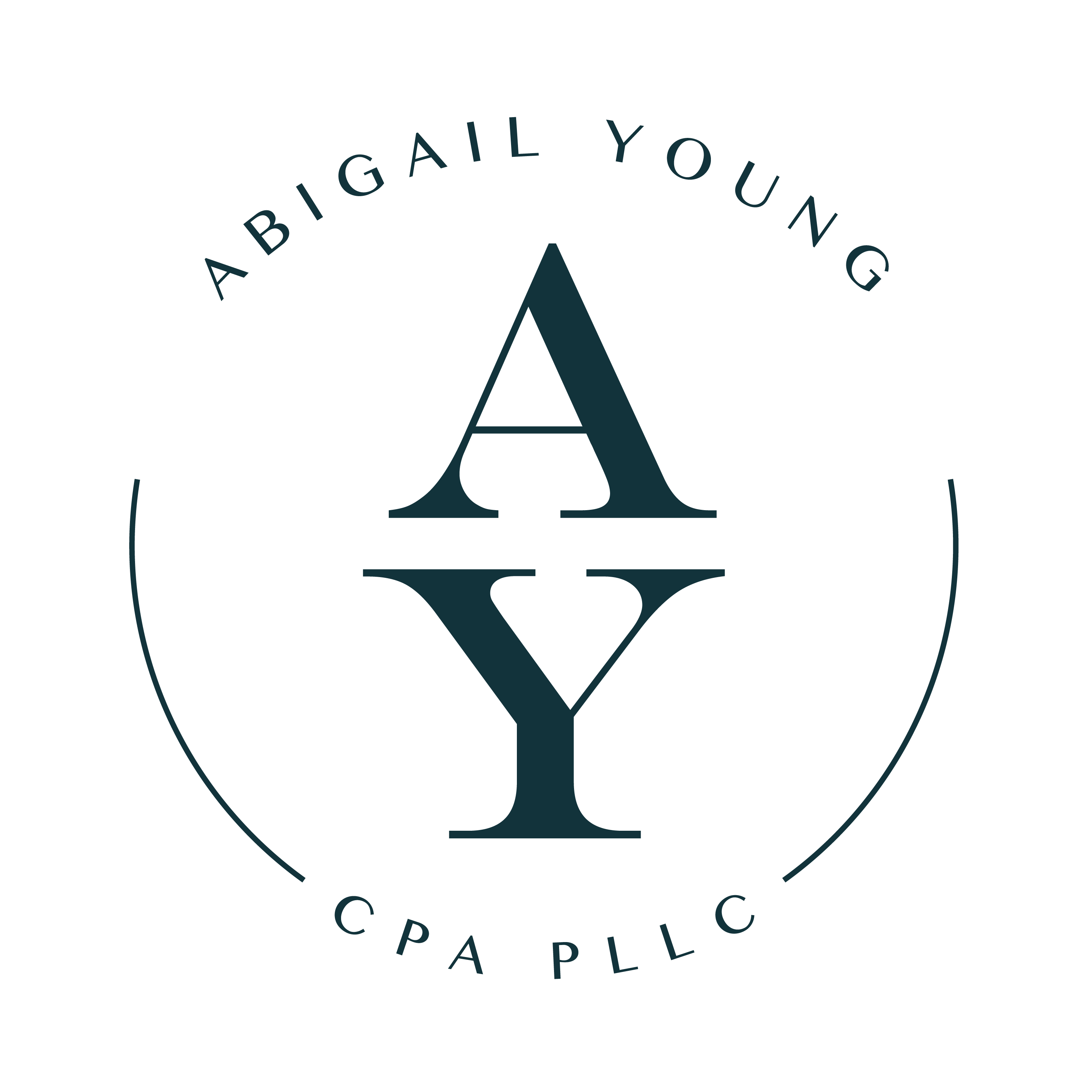How To Avoid Tax Trouble If You’re An Investor
As an investor, there are several ways to stay savvy and plan for tax season. At the office of Abigail Y. Murray, CPA, LLC., our McAllen CPA has a few ideas to ensure that you can benefit the most from your investment – whether you are an American citizen or foreign investor.
Top Tax Tips for Investors
- Many investors find a relaxing position in bonds, which often perform counter to equities — and may actually provide interest income as well. And the sweetest part of this investment option? You might not be taxed on all the interest received. If you bought the bond in-between interest payments, you won’t pay tax on the accrued interest prior to your purchase.
- How about a 401(k) plan? Contributions to a traditional 401(k) actually reduce your taxable income. How? By drawing from your pre-tax income, you can, in fact, pay less federal income tax. You don’t have to pay taxes on investments in your 401(k) until you withdraw it as a distribution.
- If you’ve got the capital, a wise investment on your part could actually be the purchase of vacant land. Buying vacant land is possibly the easiest investment in US real estate, as it doesn’t result in monthly income and expenses. However, in the event the vacant land may be subdivided, it is possible that the owner may be considered a dealer. If this is the case, they may not qualify for capital gain treatment upon sale of said property.
- Another great tip is everyone’s favorite come tax season: the write-off. If you made a major purchase (a laptop, for example) you can possibly write off a portion of the cost if you used it to manage your portfolio, make trades, or use it for any real business purpose. If you paid $1,500 for the laptop, for instance, and you use it to keep tabs on your investments, $300 of the laptop’s cost is eligible to be written off as an expense.
- If you are of the philanthropist crowd, you’re in luck. By donating appreciated securities, you’ll accomplish two things: You will avoid realization of a capital gain on the sale of your position. Not only that, you will create an immediate income-tax deduction equal to the full value of the stock. However, you need to note that deductions for charitable contributions are subject to certain tax law limits.
- If you’re an investor who ends up paying too much capital gains tax on the sale of your mutual fund shares, it’s probably because you’ve overlooked dividends that were automatically reinvested in the fund over the years. By increasing your investment in a fund, you could reduce your taxable gain.
- Finally, appreciated mutual fund holdings might be the way to go. If you’re cashing in on your holdings that you’ve held for longer than a year, you should consider completing your transaction prior to the fund’s ex-dividend date. By doing this, you’ll qualify your entire gain as a capital gain, instead of having a piece of it potentially identified as a distribution of ordinary income. On the other hand, you may want to complete any mutual fund share purchases after the ex-dividend date. Then, you’ll avoid having an immediate tax liability that can be attributed to the dividend payment.
Hopefully with these tips, as an investor, you’ll find tax time to be smooth sailing.


